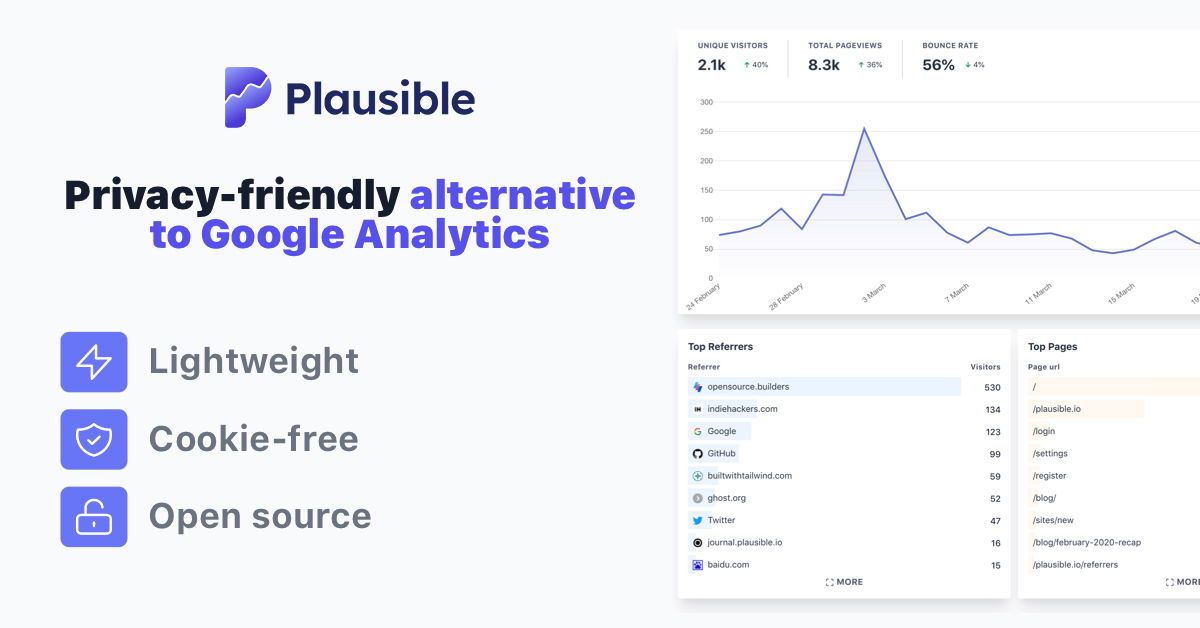Replacing Google products with more ethical alternatives

For more than a decade I used a variety of products made by Google. Their products and services are reliable, intuitive, and often free to use. Like many other programmers, I really looked up to the company and followed their rapid rise to one of the biggest companies in the world.
However, I do remember thinking: How is Google one of the largest companies in the world when almost nobody is paying for their products?
Over time I learned that instead of collecting cash from you, Google collects data about your identity, behaviour, habits, and preferences. This data is aggregated and analysed on a global scale, sold to advertisers and shared with intelligence services.
If you’re not paying for the product, you are the product
This understanding has pushed me to be more conscious of what products I use, and by proxy, who I support. I don’t agree with how Google is building the web so I started looking for alternative products by smaller companies. The alternatives are more likely to be paid, but we need to start paying for software if we don’t want to pay with our privacy.
Here’s a list of great replacements that I’ve found in my own use so far:
Google Chrome -> Mozilla Firefox
In my mind, Firefox is the best alternative to Chrome. I love supporting open-source software and Mozilla is doing a great job with both Firefox and Rust.
Google Search -> Ecosia
As someone who is extremely concerned about the climate crisis, I’ve recently switched to Ecosia as my default search engine. Part of their ad revenue goes towards planting trees in the tropics to fight against deforestation. They have planted 61 million trees so far and the number is increasing by the day.
Google Hangouts -> Slack calls
I’ve been forced to use Hangouts in the past, but I’ve always preferred Slack calls and appear.in. I’m eagerly waiting for Tuple to launch so I can get my hands on it as well. It’s a video calling tool built specifically for pair programming. Seems awesome :)
Google Docs -> Notion
I like Notion as a replacement for Google Docs. Notion is markdown-based and seems to fit my brain a lot better than Google Docs. It has way better navigation so it makes a good internal knowledge base where people can actually find stuff.
Google Analytics -> Plausible Insights
When I looked for alternatives for Google Analytics, I didn’t find any that I really liked. Being interested in web analytics, I decided to build my own solution, Plausible. It provides simple, privacy-focused analytics without collecting website visitors’ personal data. I’ve switched all my current projects over from Google Analytics to Plausible.
Google Maps -> Citymapper
I haven’t replaced my Google Maps usage completely yet. For public transport routes, I do use an alternative called Citymapper. However, it’s only available in some cities and it doesn’t replace business discovery. Whenever I’m looking for a restaurant in a new city, I still look for ‘restaurants’ on Google Maps. What’s a good alternative for that?
Gmail -> Fastmail
There are plenty of alternative email clients to replace Gmail. A lot of my friends use ProtonMail, some like Superhuman; personally I’ve switched to Fastmail and I’m really happy with how simple and straightforward it is.
What I couldn’t replace
The one service I haven’t managed to replace is Youtube. I spend a lot of time there watching tutorials, recipes, news, etc. It’s a fantastic knowledge sharing tool that will be very hard to replace. Vimeo has the technology, but they definitely don’t have the community and the content.
Results
I’ve slowly been replacing my tools and habits over the last couple of years. Overall, I feel like this process has been a great success. I’m much less reliant on Google in my everyday life and feel much more in control of my data. I still have some distance to go with Youtube and Google Maps, but I will continue to look for replacements so I can be completely Google-free.
Looking for alternatives has led me to find amazing indie makers and teams building awesome software. Smaller companies tend to be a lot more fun and innovative, so using their products is often a better experience. I hope you check out some of these alternatives and make the switch as well.